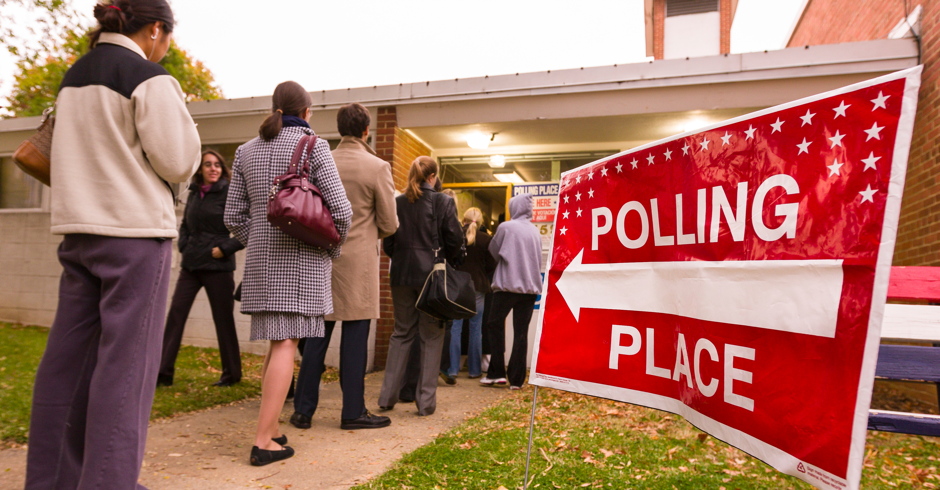News
Seven Swing States Now ‘Toss-Ups’ According to Polling Analysis

Seven swing states have been declared toss-ups, according to new analysis of political polling.
The Center for Politics updated its prediction for the 2024 presidential election on Tuesday, moving North Carolina from “leans Republican” to “toss-up,” joining six other states. The full list of toss-ups is North Carolina, Nevada, Arizona, Wisconsin, Michigan, Pennsylvania and Georgia.
Not counting the swing states, the Center for Politics estimates that the Democrats will likely get 226 electoral votes, with the Republicans getting 219. That leaves a total of 93 electoral votes believed to be in play.
When it comes to the seven swing states the Center for Politics listed, Arizona, Michigan, Pennsylvania and Wisconsin all have Vice President Kamala Harris slightly ahead — by between 1.3% and 4%. Former president Donald Trump is leading in Georgia, Nevada and North Carolina, by margins of 0.4% to 1.4%, according to 270toWin.com.
If the election breaks out along 270toWin’s current polling for these seven states, that would put Harris in the lead, picking up 55 of the remaining electoral votes, compared to just 38 additional electoral votes for Trump.
In 2020, Biden won six of these seven states, with North Carolina going to Trump. As the polling may suggest, these were by thin margins. Trump won North Carolina by 1.34%, and Biden won the other states by a range of 0.23% to 2.78%. Georgia, Arizona and Wisconsin all had Biden win by less that 1 percentage point.
The reason why presidential elections usually fall to the swing states is due to the Electoral College. Each state is given a number of electoral votes based its number of senators and representatives, with all states having at least three. This gives smaller states a bit more power in choosing the president at the expense of larger ones.
Critics of the Electoral College system say this means that voters in larger states have less of a say in the presidential race.
“The fact that in presidential elections people in Wyoming have [nearly four] times the power of people in California is antithetical at the most basic level to what we say we stand for as a democracy,” Harvard University political scientist Gautam Mukunda told NPR in 2021.
Abolishing the Electoral College could prove difficult, however. As it’s enshrined in the Constitution, it would require a constitutional amendment to throw it out. An amendment needs to be passed by a two-thirds majority in both chambers of Congress, but three-quarters of states also need to ratify it. Since that would include a number of the smaller states which have outsized power in the Electoral College, that’s unlikely to happen.
Enjoy this piece?
… then let us make a small request. The New Civil Rights Movement depends on readers like you to meet our ongoing expenses and continue producing quality progressive journalism. Three Silicon Valley giants consume 70 percent of all online advertising dollars, so we need your help to continue doing what we do.
NCRM is independent. You won’t find mainstream media bias here. From unflinching coverage of religious extremism, to spotlighting efforts to roll back our rights, NCRM continues to speak truth to power. America needs independent voices like NCRM to be sure no one is forgotten.
Every reader contribution, whatever the amount, makes a tremendous difference. Help ensure NCRM remains independent long into the future. Support progressive journalism with a one-time contribution to NCRM, or click here to become a subscriber. Thank you. Click here to donate by check.
 |















